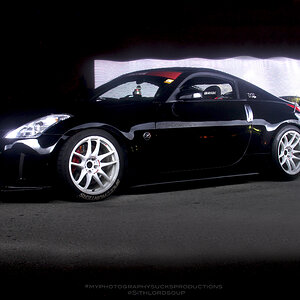Lerato Nketsi
TPF Noob!
- Joined
- Apr 21, 2021
- Messages
- 4
- Reaction score
- 0
- Can others edit my Photos
- Photos OK to edit
Hey everyone, I am a beginner and I have a canon 4000d. I have been using it for sometime now and I am happy with the pictures, but every time I shoot landscapes I do not become satisfied. My lens is EFS18-55 mm. Do I need a new lens?



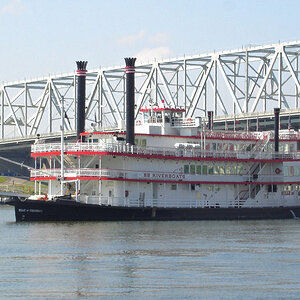
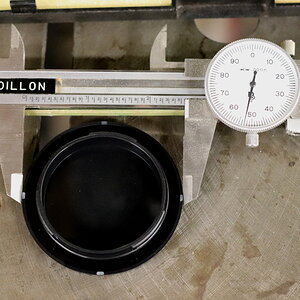
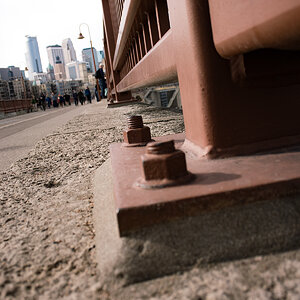
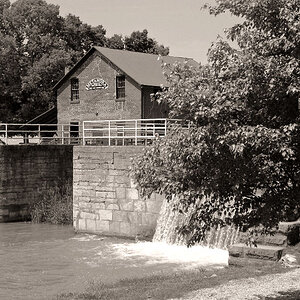
![[No title]](/data/xfmg/thumbnail/34/34346-f7996f51f0624620cfd54a488abeacf9.jpg?1619736382)
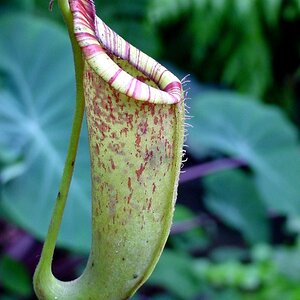
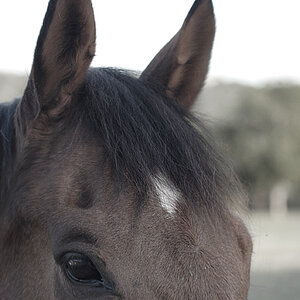
![[No title]](/data/xfmg/thumbnail/34/34344-0b42e0e92ad436e6710a1b9c4585d6df.jpg?1619736379)

